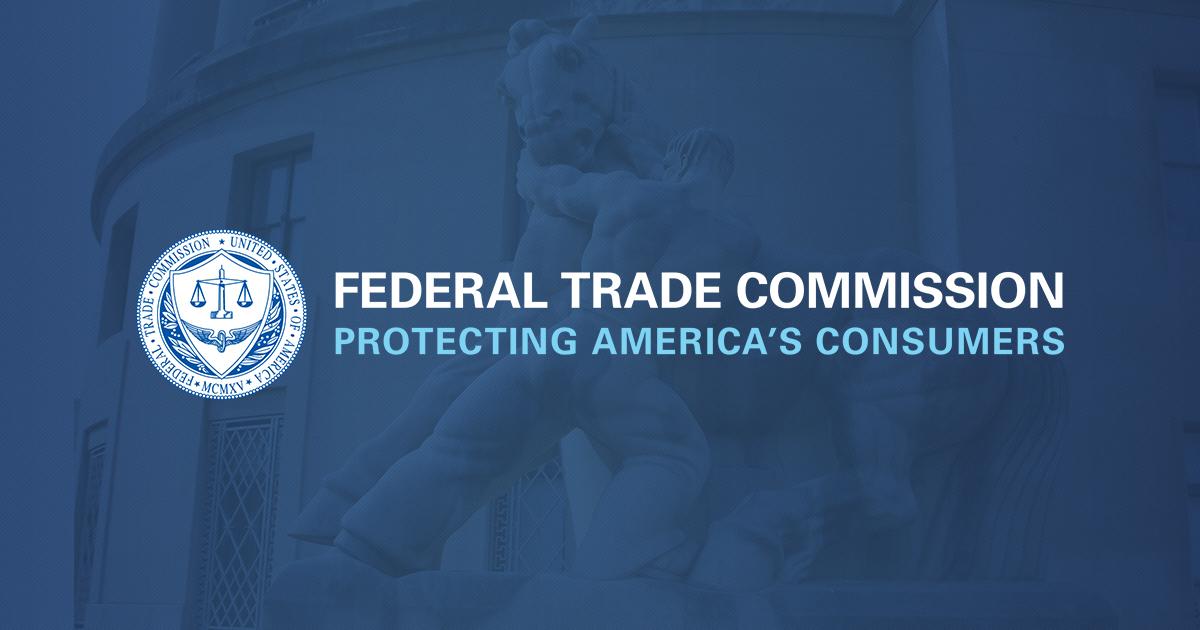Three affiliated hedge fund companies and their management company, Third Point LLC, have agreed to settle Federal Trade Commission charges that they violated premerger reporting laws in connection with their 2011 acquisitions of stock in Yahoo! Inc.
The complaint alleges that Third Point Partners Qualified L.P., Third Point Ultra, LTD, and Third Point Offshore Fund, LTD failed to observe the filing and waiting requirements of the Hart-Scott-Rodino Act before purchasing shares in Yahoo. According to the complaint, the three defendant funds claimed that they were exempt from reporting to the U.S. antitrust authorities because the purchases were made solely for investment purposes. At the time of the stock purchases, however, defendant Third Point LLC, which made investment decisions on behalf of the funds, was taking actions inconsistent with an investment-only intent, such as communicating with third parties to determine their interest in becoming the CEO or a board candidate of Yahoo.
“The investment-only exemption is a narrow exemption limited to those situations in which the investor has no intention to influence the management of the target firm,” said Bureau of Competition Director Deborah Feinstein. “Here, Third Point’s conduct demonstrated that it intended to have more than a passive interest in Yahoo, which obligated its affiliated funds to make an HSR filing and wait before acquiring its shares.”
The HSR Act requires that companies and individuals notify the FTC and the Department of Justice of most large transactions that affect commerce in the United States. Those acquirers must then observe a waiting period before closing their transaction, while one of the two agencies determines whether the transaction may result in a substantial lessening of competition. The HSR Act exempts acquisitions of up to ten percent of voting securities if they are made solely for investment purposes.
Under the terms of the proposed stipulated five-year federal court order, the defendants are prohibited from relying on the investment-only exemption if they have contacted third parties to gauge their interest in joining the board of the target company, communicated with the target company about proposed candidates for its board, or engaged in other specified conduct in the four months prior to acquiring voting securities above the HSR Act threshold. In this case, the agencies determined not to seek civil penalties based on several factors, including that the violation was inadvertent and short-lived, and this was the defendants’ first violation of the HSR Act.
The Commission vote to refer the complaint and proposed settlement to the U.S. Department of Justice for filing in federal court was 3-2, with Commissioners Maureen K. Ohlhausen and Joshua D. Wright voting no. The Commission issued a statement and Commissioners Ohlhausen and Wright issued a dissenting statement. The Department of Justice filed the complaint and proposed order in the U.S. District Court for the District of Columbia on August 24, 2015.
As required by the Tunney Act, the proposed settlement, along with a competitive impact statement, will be published in the Federal Register. Any person may submit written comments concerning the proposed settlement during a 60-day comment period to Daniel P. Ducore, Special Attorney, United States, c/o Federal Trade Commission, 600 Pennsylvania Avenue, NW, Washington, DC 20580. At the conclusion of the 60-day comment period, the U.S. District Court for the District of Columbia may approve the proposed settlement upon finding that it is in the public interest.
The FTC’s Bureau of Competition works with the Bureau of Economics to investigate alleged anticompetitive business practices and, when appropriate, recommends that the Commission take law enforcement action. To inform the Bureau about particular business practices, call 202-326-3300, send an e-mail to [email protected], or write to the Office of Policy and Coordination, Bureau of Competition, Federal Trade Commission, 600 Pennsylvania Ave., NW, Room CC-5422, Washington, DC 20580. To learn more about the Bureau of Competition, read Competition Counts. Like the FTC on Facebook, follow us on Twitter, and subscribe to press releases for the latest FTC news and resources.

